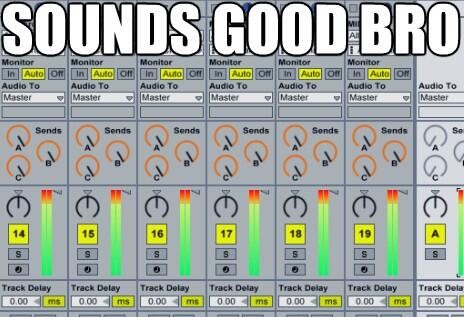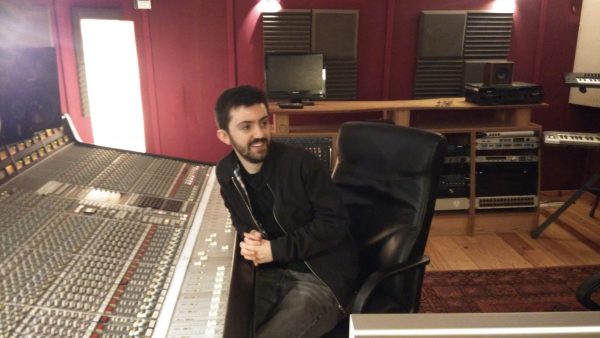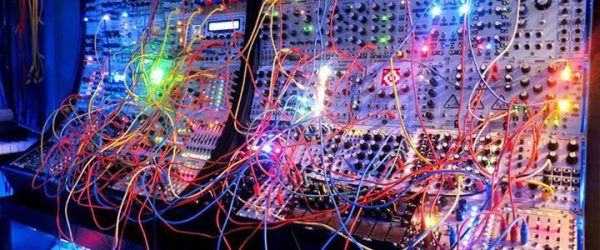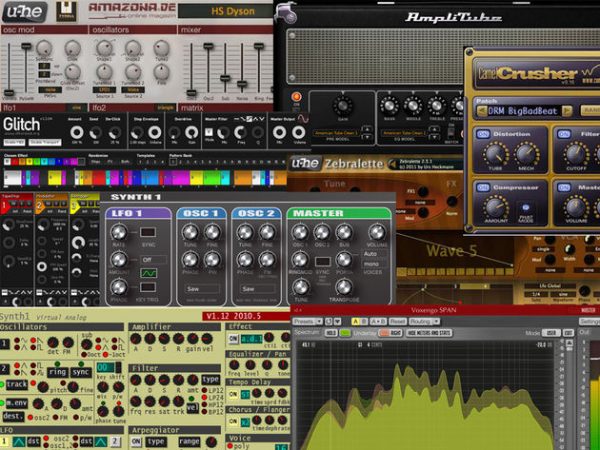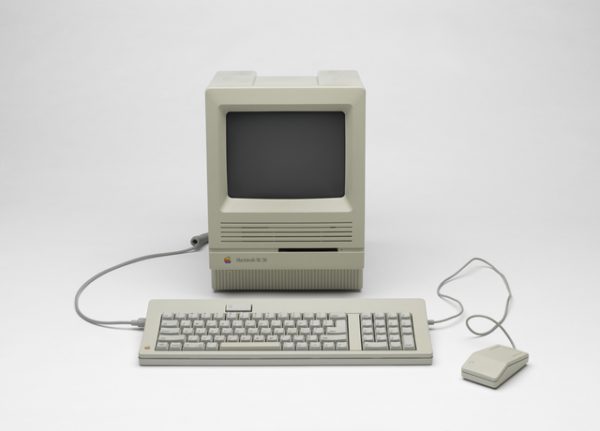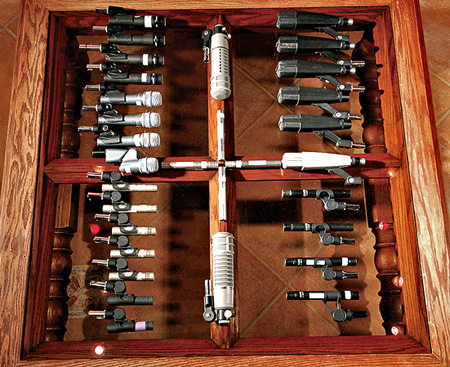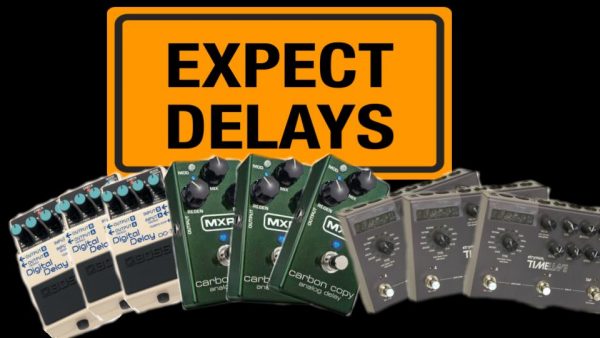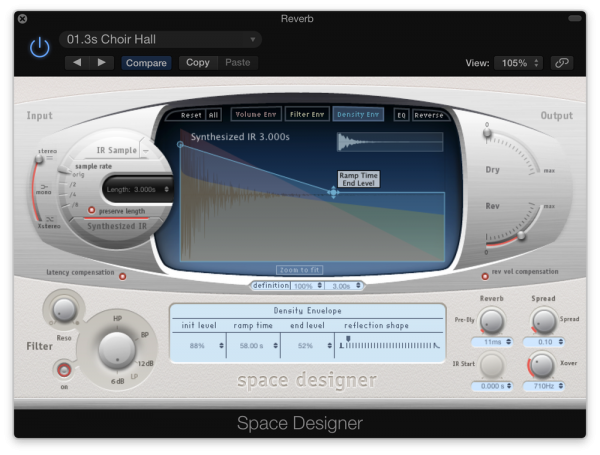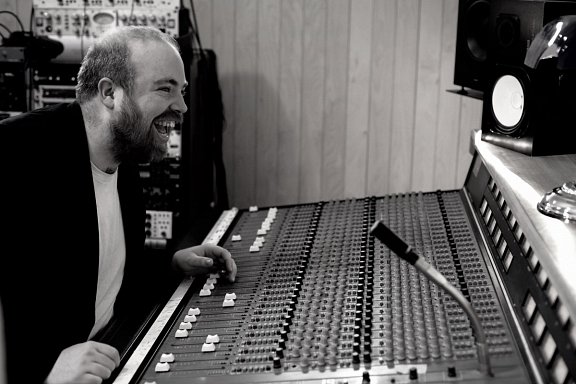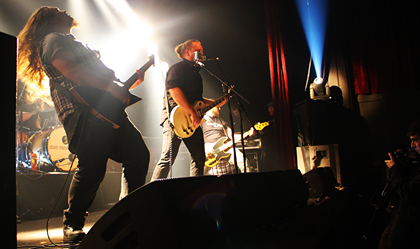
Live Sound, Lighting and Stage Production Graduates 2017
We recently had the opportunity to catch up with the graduates from our most recent Live Sound, Lighting and Stage Production course. Keeping in touch with graduates and seeing how their careers are progressing is a major component of our ethos in the Sound Training College. Naturally we were extremely interested to see how our most recent class were faring in life post-STC! You can check out both video interviews and written accounts of the student experience below : Lauren Geary I had just finished a BA (Hons) in Music Production and was looking for a pathway into the live industry,
Read post >

